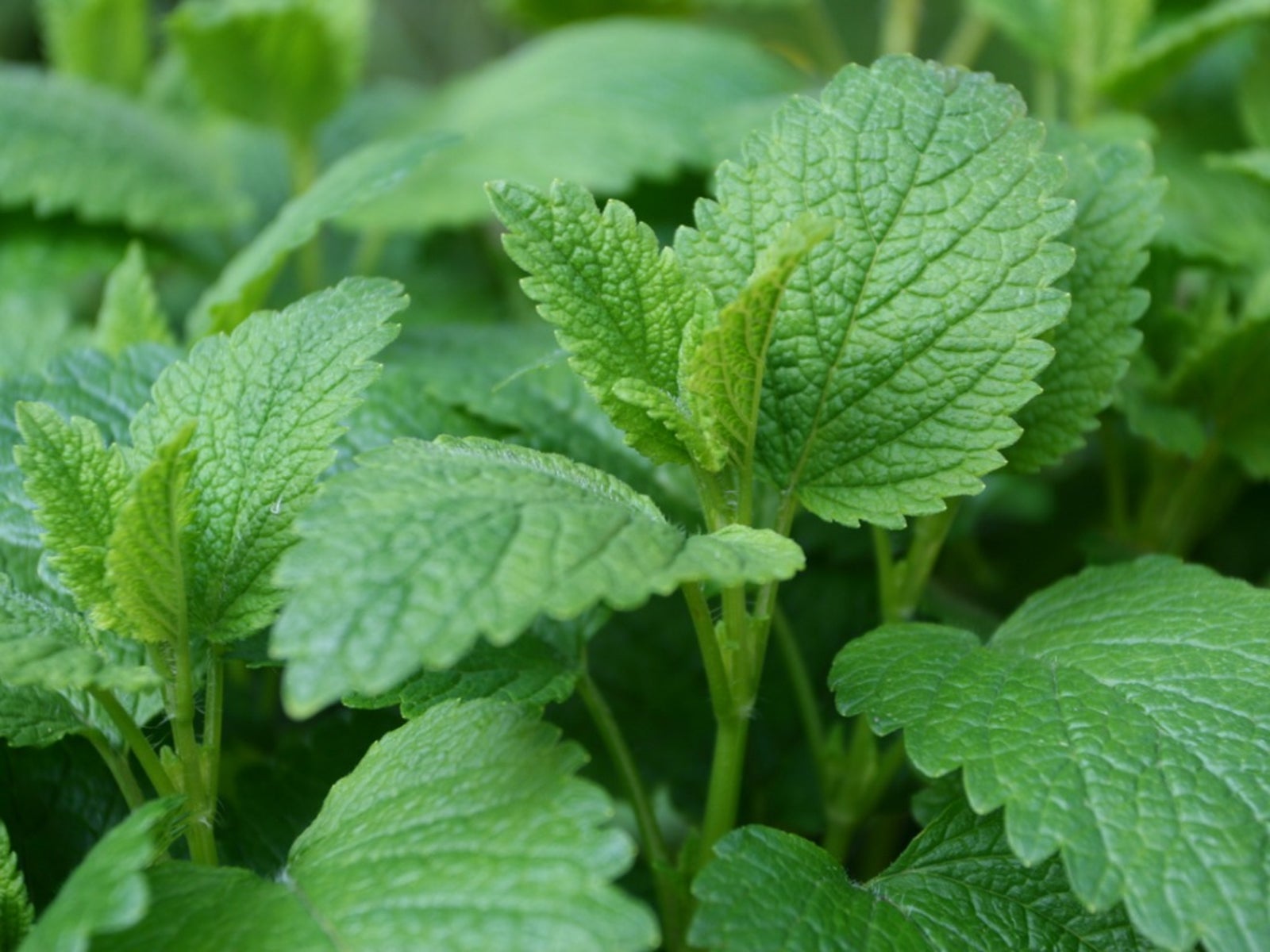Tips For Growing Lemon Balm


Lemon balm plants tend to be pass-along plants that a gardener ends up with from plant swaps or as gifts from other gardeners. As a gardener yu may be wondering what to do with lemon balm, and what lemon balm is used for exactly.
While not as popular as other herbs, lemon balm is nevertheless a wonderful herb to have in your garden. Keep reading to learn more about how to grow lemon balm.
What is Lemon Balm?
The lemon balm plant (Melissa officinalis) is actually a member of the mint family and is a perennial herb. It grows as a bushy, leafy herb with a pleasant lemon smell and small white flowers.
If not carefully controlled, lemon balm can quickly become invasive in the garden. Often, people mistakenly think that lemon balm is invasive due to its roots, like its cousins peppermint and spearmint, but in fact it's the seeds of the lemon balm plant that cause this herb to suddenly take over a garden. Removing the flowers of the plant as soon as they appear will make your lemon balm far less invasive.
How to Grow Lemon Balm Plants
Growing lemon balm is very easy. The plants aren't picky about where they grow and will grow in almost any soil, but they prefer rich, well drained soil. Lemon balm plants will grow in part shade to full sun, but flourish best in full sun.
It isn't recommended that you fertilize lemon balm, as this can cause the strength of its scent to be reduced.
Lemon balm is easily propagated from seeds, cuttings or plant divisions.
Sign up for the Gardening Know How newsletter today and receive a free copy of our e-book "How to Grow Delicious Tomatoes".
What is Lemon Balm Used For?
Once established, lemon balm can produce large amounts of its sweet, lemon smelling leaves. These leaves can be used for a variety of things. Most commonly, lemon balm leaves are used in teas and potpourris. You can also use lemon balm in cooking, in making essential oils and as an insect repellent.
-[l

Heather Rhoades founded Gardening Know How in 2007. She holds degrees from Cleveland State University and Northern Kentucky University. She is an avid gardener with a passion for community, and is a recipient of the Master Gardeners of Ohio Lifetime Achievement Award.